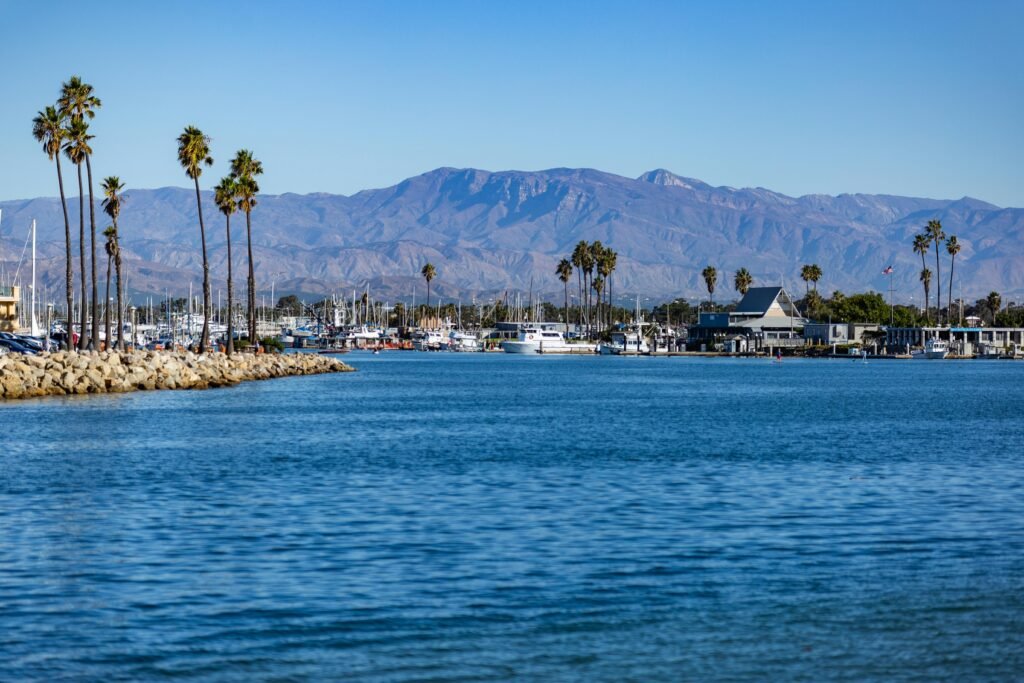Thinking about buying a gun in California? Buckle up—this state has some of the strictest firearm laws in the country. Whether you’re a seasoned gun owner relocating from another state or a first-time buyer just getting started, the Golden State has a complex maze of requirements you’ll need to navigate. But don’t worry, we’ve broken it all down into simple, bite-sized sections to help you understand exactly what’s required. From background checks and waiting periods to California’s unique roster of approved handguns, we’ve got you covered.
California might be tough on gun laws, but it’s also clear-cut once you understand the process. Unlike some other states where rules vary county by county, California’s firearm laws are generally enforced statewide. The key is preparation—knowing what to expect before you walk into a gun store can save you from delays, surprises, or worse, unintentionally breaking the law. Let’s walk through the essentials together.
Before buying a firearm in the Golden State, it’s important to understand how the California gun laws work. The state requires a Firearm Safety Certificate (FSC), a background check, and a mandatory 10-day waiting period before you can take possession. In addition, only handguns on the Roster of Certified Handguns are allowed for sale by licensed dealers.
Buyers should also be aware of restrictions on magazine capacity and transportation rules. Even private party transfers must go through a licensed dealer and follow the same process. California doesn’t allow for any shortcuts when it comes to legal compliance.
These laws are part of a broader framework that also includes red flag laws, ammo background checks, and secure storage mandates. They may be strict, but they’re clear—so knowing the rules helps you stay compliant. Learn more here about California gun laws.

Applying for a concealed carry license in California takes more than just interest—it requires commitment and follow-through. Many counties have relaxed the “good cause” requirement, but local authorities still maintain control over issuing permits. That means your journey starts with the sheriff’s department or city police.
To qualify for a California concealed carry permit, applicants need to pass a background check, complete fingerprinting, and undergo 8 to 16 hours of approved training. Some areas may require psychological evaluations, and the firearms you carry must be listed on your permit. Once issued, the permit is good for two years and requires routine renewal.
Whether you live in a rural county or a major city, be prepared for variation in how the rules are applied. Some jurisdictions move faster than others, but they all expect detailed documentation. Learn more here about California concealed carry permits.
You’ll want to understand how the California assault weapons ban impacts the types of firearms you can legally own. California bans certain firearms based on features like pistol grips, flash suppressors, or adjustable stocks. A firearm with just one of these traits may be classified as an “assault weapon.”
If you owned a banned firearm before it became restricted, you were required to register it with the state. New sales of these weapons are prohibited, and unregistered possession can lead to serious legal penalties. There are ways to comply, but the rules are specific and unforgiving.
Manufacturers now offer “featureless” versions of popular rifles to stay within legal bounds. If you plan to modify or purchase a firearm that might qualify as restricted, always check with an FFL dealer first. Learn more here about California assault weapons ban.
For most residents, carrying a firearm in public without a permit is a nonstarter. That’s because the California open carry law bans open carry of both loaded and unloaded firearms in most public areas. This includes both handguns and long guns.
There are some exceptions, especially in unincorporated rural areas where hunting or shooting sports are common. Still, those exceptions are narrow and require close attention to local rules. Even transporting firearms to and from those areas has legal requirements.
The takeaway? Unless you’re out in the backcountry or at a designated range, open carry is likely off-limits. If you want to carry in populated areas, a concealed carry permit is the safer option. Learn more here about California open carry.

Unlike some states that issue broad gun licenses, California uses a patchwork system of requirements. The California gun permit for most buyers is actually the Firearm Safety Certificate (FSC), which is needed to buy handguns and most long guns. You’ll need to pass a written test and present a valid ID.
The FSC test covers safe storage, handling, and basic firearm laws. Once you pass, the certificate is good for five years and must be shown at the time of purchase. Without it, no licensed dealer will complete your sale.
Keep in mind, this certificate does not authorize possession of NFA items like silencers or short-barreled rifles, which are prohibited under California law. Always confirm what’s legal before starting your purchase. Learn more here about California gun permits.
Gun shows are alive and well in California, but don’t expect to walk out with a firearm on the same day. That’s because California gun shows are subject to the same strict rules as traditional FFL transactions. All firearms must be transferred through a dealer, complete with background checks and a 10-day wait.
These shows are still popular with collectors, sportsmen, and curious newcomers. They offer a chance to see a variety of products, learn about local vendors, and chat with others who share your interest in firearms. But the process still requires planning and paperwork.
Make sure to bring a valid ID and your FSC if you’re thinking about buying. Show staff and law enforcement are usually on-site to ensure everything is above board. Learn more here about California gun shows.
Hunting in California isn’t just a sport—it’s a regulated activity. To hunt legally, you’ll need a California hunting license issued by the Department of Fish and Wildlife. This applies to both residents and non-residents.
If you were born after January 1, 1972, you’ll need to complete a certified hunter safety course before applying. Licenses are issued annually, and certain tags and stamps are needed for specific games. That includes big game like deer, elk, or bear.
Hunting zones vary, and seasons are strictly enforced. Always check for fire restrictions, land closures, and species limits before heading out. Learn more here about California hunting licenses.

There’s no getting around it—buying a gun in California involves paperwork and patience. You’ll need to purchase through a licensed dealer, pass a background check, and wait 10 days before picking up your firearm. You’ll also need your Firearm Safety Certificate on hand.
The process includes filling out the Dealer Record of Sale (DROS) and selecting from firearms on the state’s approved roster. If the gun you want isn’t listed, it can’t be purchased from a dealer—even if it’s available in other states. Private transfers must also go through a dealer and follow the same rules.
Ammo sales are similarly regulated. You’ll undergo a background check with every ammunition purchase unless you meet certain criteria for exemptions. Learn more here about buying a gun in California.
Out-of-state travelers, be warned—California concealed carry reciprocity is virtually nonexistent. California does not recognize concealed carry permits from any other state, no matter how valid they are elsewhere.
If you’re a resident and you have a California CCW, you may be able to carry in some other states. Reciprocity varies widely, so always verify the laws of your destination state before carrying. A multi-state permit might help, but it won’t change the law in California.
If you’re unsure whether your permit is recognized, leave your firearm secured and do your research. Carrying illegally could land you in serious trouble. Learn more here about California concealed carry reciprocity.
California does not have a traditional stand-your-ground statute, but that doesn’t mean you can’t defend yourself. Under the California stand your ground law, you may use reasonable force to defend yourself in your home or elsewhere, as long as you’re not the aggressor.
California uses the castle doctrine in home defense cases, allowing residents to protect themselves without a duty to retreat. In public, however, courts may examine whether retreat was a safe and viable option. Each case depends on its unique facts.
Even if you’re acting in self-defense, your actions must be deemed reasonable by a judge or jury. Knowing the legal thresholds could mean the difference between freedom and a felony. Learn more here about California’s stand your ground law.
FFLMerchant’s Mission Statement: Unlike general high-risk processors, FFLMerchant is 100% dedicated to the firearms community. Our goal is to provide fast, affordable, and compliant payment solutions that help gun stores, ranges, and online FFLs grow. Whether you’re new to the industry or looking to switch from an overpriced provider, FFLMerchant is your trusted Second Amendment-friendly partner.